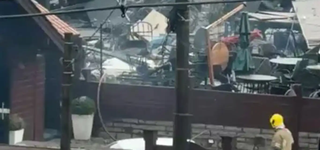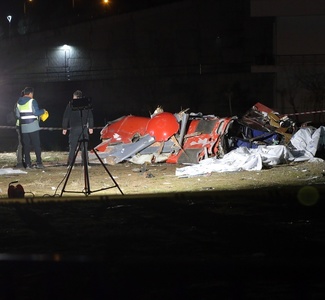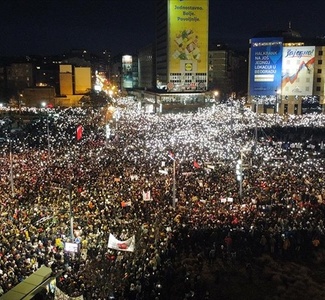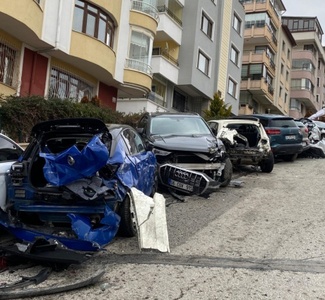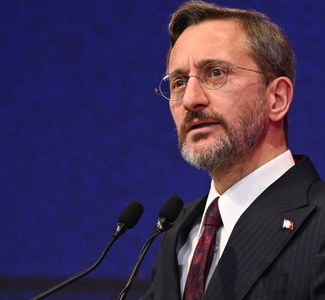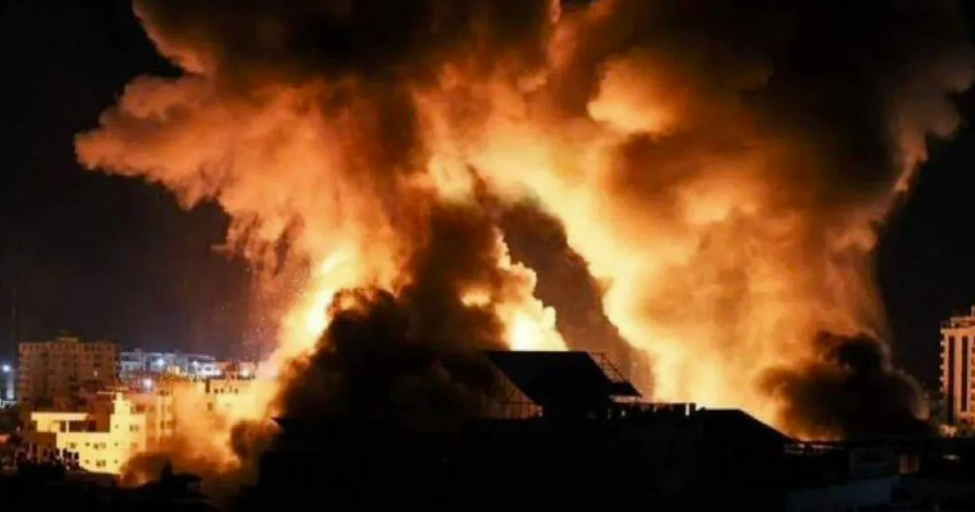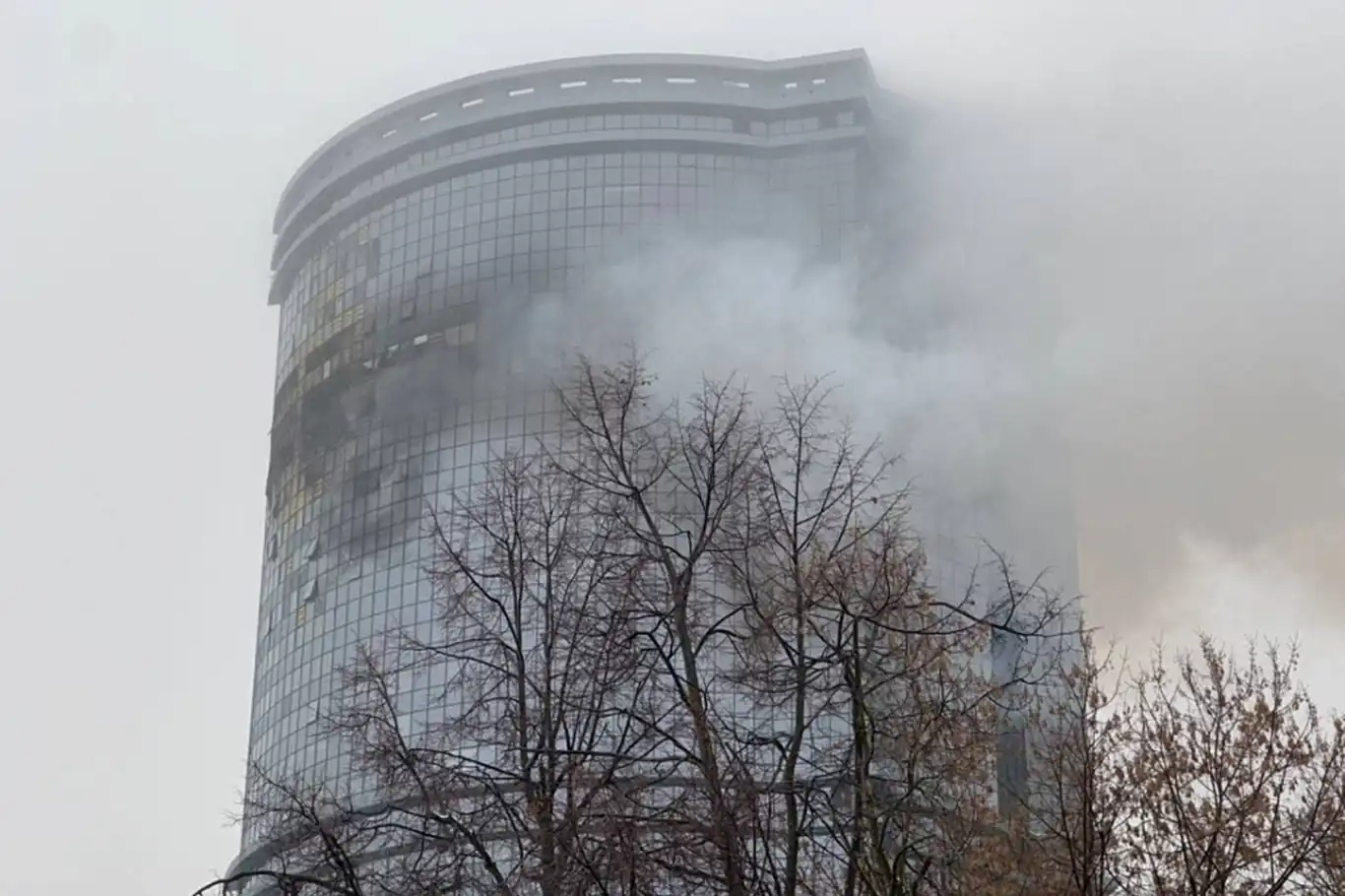Romania condemns Russia's attack on Danube ports as "war crimes"
In a strongly-worded statement, Romanian President Klaus Iohannis has denounced Russia's recent attacks on Ukrainian grain ports situated along the River Danube as "unacceptable" and condemned them as "war crimes."

 Google News'te Doğruhaber'e abone olun.
Google News'te Doğruhaber'e abone olun. The attacks, which occurred on Wednesday morning, targeted the Ukrainian grain ports in Izmail, located in close proximity to Romania.
The assault resulted in damage to a grain warehouse, a passenger building, and a grain-loading elevator. Fortunately, no casualties were reported from the incident.
President Iohannis took to social media to express his outrage, emphasizing the gravity of the attacks on civilian infrastructure. He pointed out that these actions by Russia further hinder Ukraine's ability to transport essential food products to those in need globally, exacerbating an already dire humanitarian situation.
Ukrainian President Volodymyr Zelenskyy echoed President Iohannis's sentiments, using the messaging platform Telegram to call for an international response to the aggression. President Zelenskyy asserted that when civilian ports are targeted and critical facilities like grain elevators are deliberately destroyed, it poses a threat to people worldwide, transcending continents. He called for decisive action to halt Russia's actions and protect innocent lives.
The situation has escalated in the aftermath of Russia's withdrawal last month from a U.N.-brokered agreement that had allowed Ukraine to export 33 million metric tons of grains and oilseeds over the past year. In response to the broken deal, Russia has initiated a series of air strikes targeting Danube riverports, intensifying tensions and exacerbating the food crisis in the region.
As the international community grapples with the consequences of these attacks and the broader conflict, urgent attention is being drawn to the need for a coordinated effort to address the crisis, protect civilians, and safeguard vital infrastructure. The unfolding events serve as a grim reminder of the severe consequences of armed aggression and underscore the imperative to pursue peaceful resolutions to conflicts around the world. (ILKHA)






























